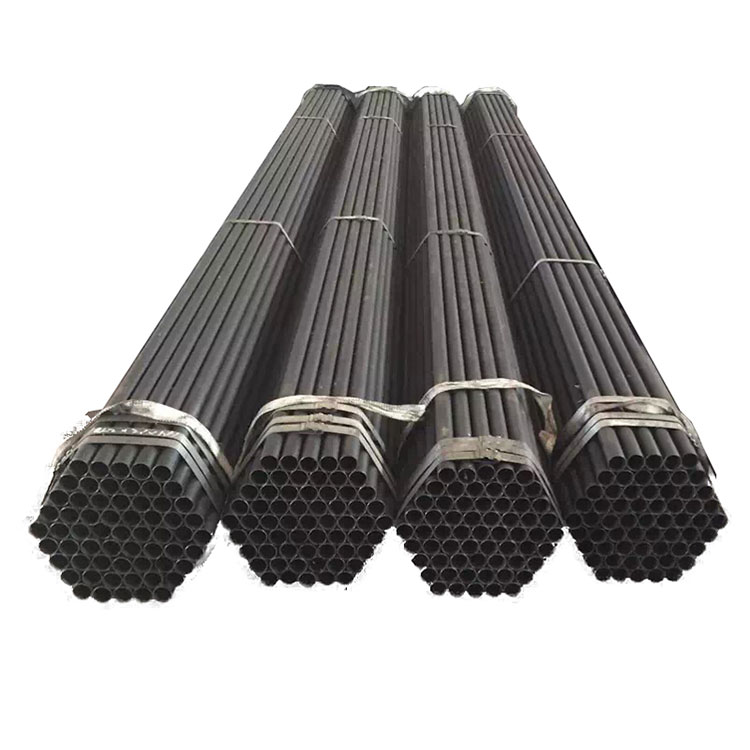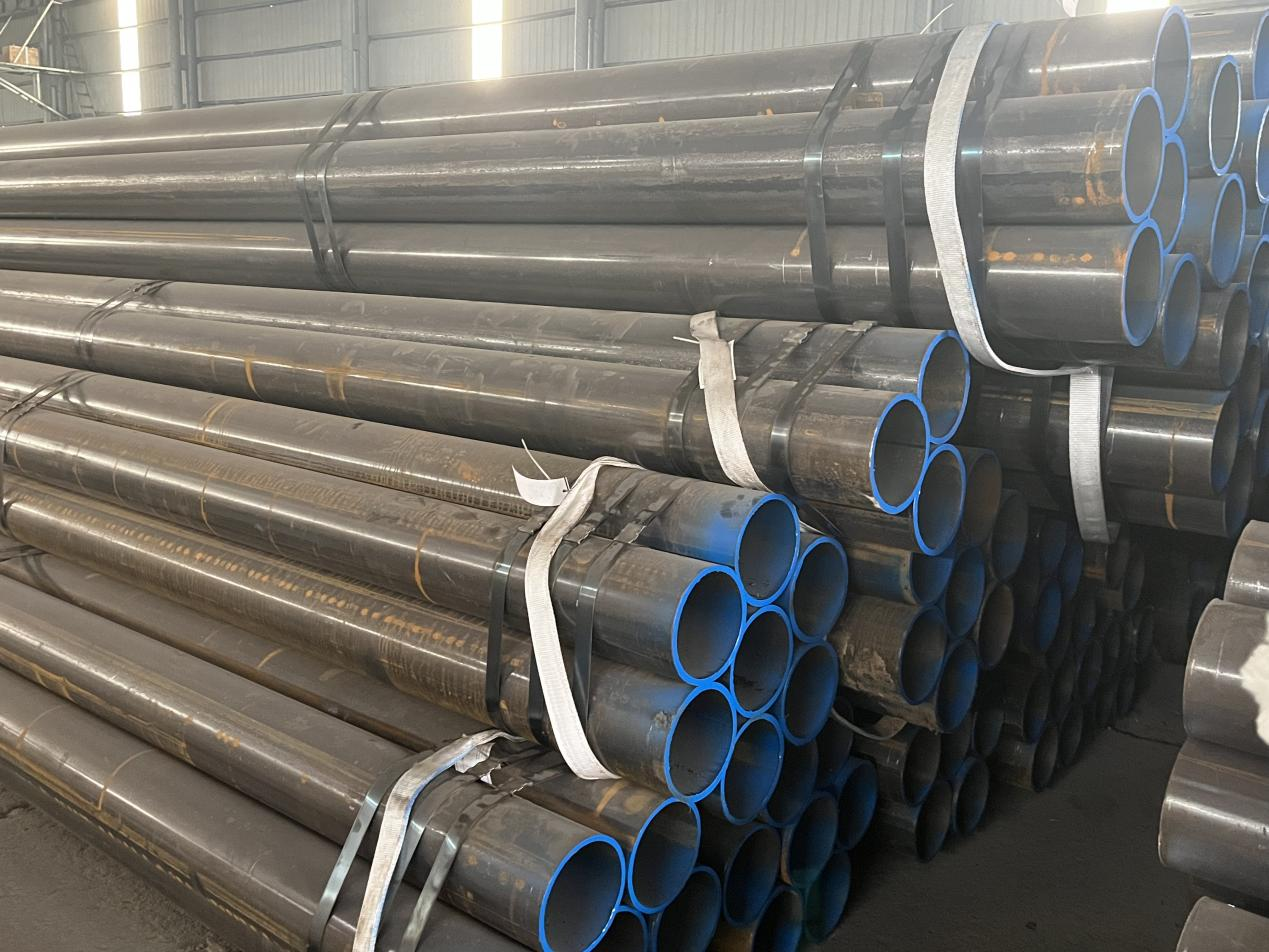Welded steel pipes are manufactured by forming steel plates or coils into cylindrical shapes and then welding the seam longitudinally or spirally. They are widely used due to their cost-effectiveness, versatility, and structural integrity. Welded pipes come in various types, including Electric Resistance Welded (ERW), Longitudinal Submerged Arc Welded (LSAW), and Spiral Submerged Arc Welded (SSAW) pipes.
Standard diameters range from 1/2 inch to 100 inches, with wall thicknesses varying according to application needs (e.g., SCH 10 to SCH 160). Materials include carbon steel, stainless steel, and alloy steel, conforming to international standards such as ASTM, API 5L, EN, and GB/T.

Welded steel pipes are widely used in industries such as oil and gas transportation, construction, water supply, sewage systems, structural engineering, and mechanical manufacturing. Their strength and reliability make them ideal for both above-ground and underground installations.
Compared to seamless pipes, welded steel pipes are more cost-efficient, offer better dimensional accuracy, and can be produced in longer lengths. They are suitable for high-volume production and allow easy customization for specific engineering requirements.
The welded steel pipe market is experiencing steady growth, driven by global infrastructure development, energy sector expansion, and increased urbanization. Asia-Pacific, particularly China and India, dominates the market. Future demand is expected to rise with advancements in pipeline technology and increasing investments in smart city and renewable energy projects.

Welded steel pipes undergo strict quality control, including raw material testing, welding inspection, ultrasonic or radiographic non-destructive testing (NDT), hydrostatic pressure testing, and surface finishing checks. Compliance with ISO, API, and customer-specific standards ensures product reliability and performance.
